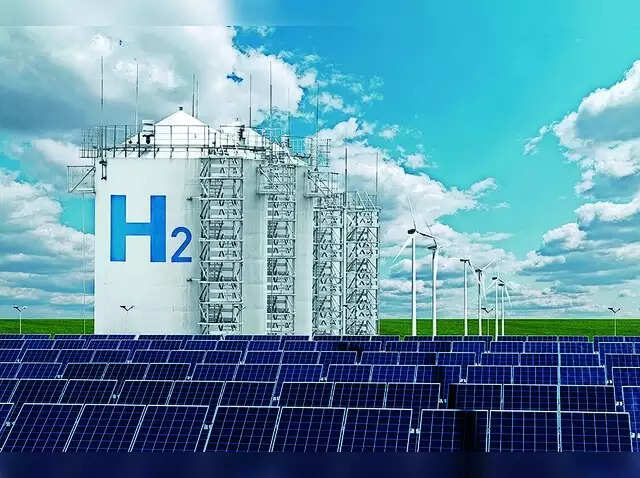
The European Commission approved some 4.6 billion euros (USD 4.94 billion) in German government funding for 24 German hydrogen projects, the economy ministry said on Thursday as Europe’s biggest economy bets on the fuel for decarbonisation.
With a total price tag of 8 billion euros, the projects, approved under the so-called Important Project of Common European Interest (IPCEI), will focus on green hydrogen production, transport and storage infrastructure to make the fuel available for industrial use, the ministry added.
As part of Germany’s ambition to become carbon neutral by 2045, Berlin is counting on green hydrogen as an energy source to bridge gaps in renewables and replace fossil fuel in energy-intensive sectors that cannot be electrified, such as steel and chemicals.
Last summer, the German cabinet approved a new hydrogen strategy, setting guidelines for hydrogen production, transport infrastructure and market plans and in November, Berlin presented its plans for the core hydrogen network that will extend over 9,700 km (6,000 miles) and cost around 20 billion euros (USD 21 billion) by 2032.

